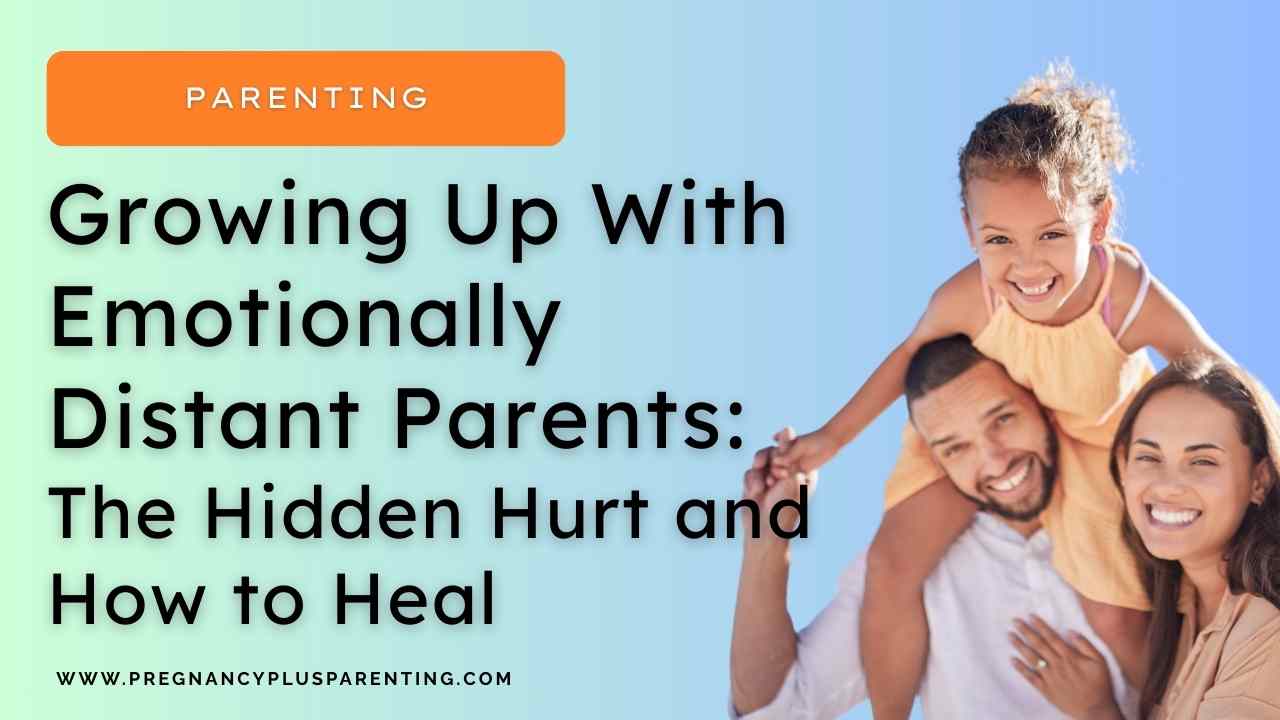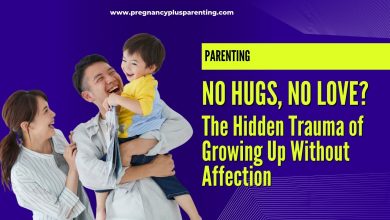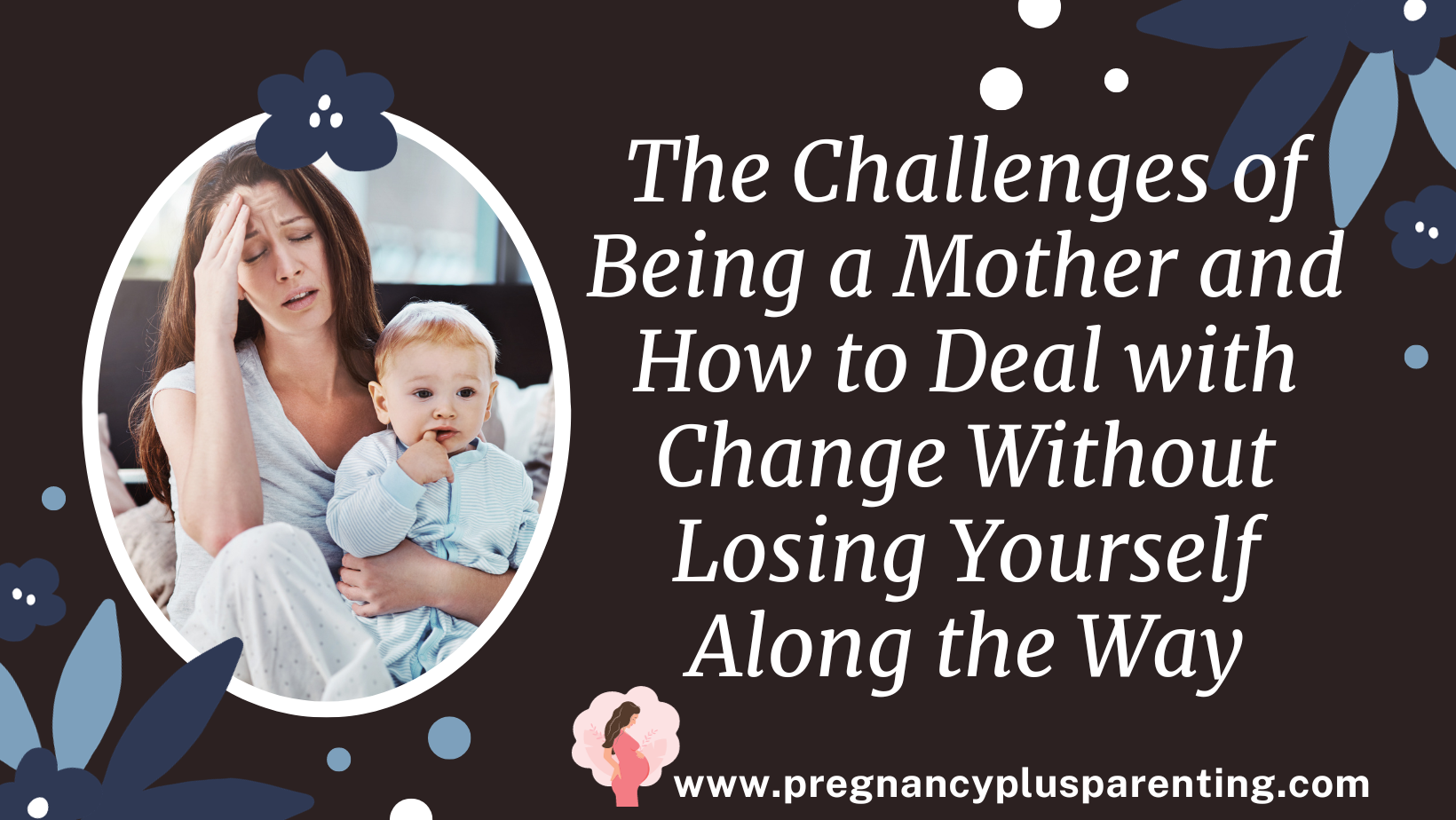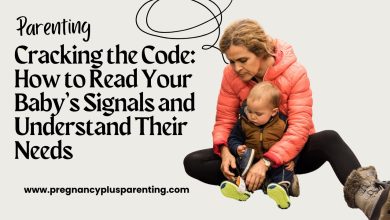Growing Up With Emotionally Distant Parents: The Hidden Hurt and How to Heal
A guide to heal yourself from growing up with emotionally distant parent
Sometimes it’s not the obvious neglect that hurts a child the most, but the silent, invisible distance. Parents who live in the same house but are emotionally distant.
Parents who care for their children but don’t really meet them. For a child, this feels like living on a deserted island—surrounded by people, yet completely alone.
The invisible wall between parents and child
Distant parents don’t necessarily behave in a hostile or dismissive manner. They often even pride themselves on “doing everything for their children.”
But their closeness remains superficial, functional, lacking a deep emotional connection.
The child senses this invisible wall very early on.
It shows itself in glances that pass him by, in conversations that contain no real curiosity, and in touches that seem mechanical.
To outsiders, the family may seem normal – but to the child, home feels like a place where one lives but does not really feel at home.
Causes of emotional distance
Emotional distance is rarely pure indifference. Often, the parents’ own personal history of hurt lies behind it:
- A childhood without affection
Those who have not experienced warmth themselves often have difficulty passing it on to the next generation. - Overwhelm and stress
Constant pressure at work, financial worries or personal crises leave parents emotionally exhausted. - Beliefs from parenting
Some parents consider closeness to be “spoiling” or believe that a child must be “strong” to succeed in life. - Mental illnesses
such as depression, anxiety disorders or personality disorders can limit the ability to form emotional bonds.
These reasons explain the distance, but don’t excuse it. The child is left with the feeling of being emotionally alone.
How children experience distance
A child doesn’t understand the world in psychological terms. They only sense, “My parents aren’t there for me.”
This can be seen in many small everyday situations:
They talk about something exciting – and only get a brief “Aha.”
They seek comfort after a bad day – and hear: “Pull yourself together.”
They look forward to spending time together – and discover that their parents would rather pursue other things.
Children quickly relate this behavior to themselves: “There’s something wrong with me. I’m not important enough.” This conclusion can become deeply ingrained in their self-image.
Long-term psychological consequences
Children who grow up with distant parents often carry an invisible baggage with them:
- Low self-esteem
When the most important people do not provide emotional resonance, the feeling of not being lovable grows. - Relationship problems in adulthood
Closeness can feel unsafe or even threatening because it has never been experienced as stable. - Excessive adaptation
Many people develop the need to please everyone in order to receive recognition. - Emotional numbness
Some people learn to suppress their own feelings in order to avoid constant disappointment.
The silent pain – and why it is often not taken seriously
Emotional neglect leaves no bruises. There’s no visible evidence to show.
This is precisely why it often goes unrecognized—neither by parents nor by those around them.
Many affected individuals later hear phrases like:
“Be glad you had everything.”
“They took care of you.”
“Other children had it worse.”
But emotional emptiness isn’t a luxury problem. It can be just as hurtful as physical abuse—only more subtle and harder to identify.
When children develop strategies to survive
Children adapt remarkably well to difficult emotional circumstances. But these adaptive strategies, which help in childhood, can be detrimental in adulthood:
- The invisible child – be as inconspicuous as possible so as not to appear an additional burden.
- The high-flyer child – gaining attention through performance.
- The “strong” child – not showing emotions in order not to be vulnerable.
These roles are survival mechanisms, but they prevent the affected person from learning to allow closeness in a healthy way.
The desire for recognition remains
Even as adults, many affected people still have the wish that their parents will actually see them one day.
Sometimes you try for years to get this recognition – through success, through adaptation, through renewed contact.
But often nothing changes because parents do not recognize or cannot change their emotional distance.
This leads to recurring injury that can block the internal healing process.
Paths to healing
Healing from emotional distance begins with acknowledging your own experience – without minimizing it.
- Naming what happened.
Finding words for what I experienced is an important first step. “My parents were physically there, but emotionally unavailable.” - Passing the blame back.
The responsibility for the distance doesn’t lie with the child. No child is “to blame” for not receiving emotional warmth. - Seek therapeutic support.
Talk therapy, trauma or attachment work can help process old wounds. - Building healthy relationships
New attachment experiences can show that closeness can be safe and valuable. - Learn self-care
Give yourself the attention, warmth and recognition that were previously missing.
Set boundaries – including with parents
Sometimes healing also means limiting contact with parents or setting clear rules for interaction. This isn’t a sign of coldness, but rather self-protection.
Anyone who has tried in vain for years to achieve emotional closeness can allow themselves to invest their energy in people who are truly there.
Consciously shaping your own parental role
Many who grew up with distant parents fear unconsciously repeating the pattern.
The good news: If you reflect on your own history, you can consciously act differently.
This means:
- Take the child’s feelings seriously.
- Show presence, even in small moments.
- Listen without judging.
- Provide physical and verbal warmth.
In this way, caring becomes not just a duty, but a real bonding experience.
Conclusion
Distant parents do not leave obvious scars, but their children often carry a deep inner loneliness with them.
The lack of emotional connection shapes self-image, ability to form relationships and trust in others.
But this imprinting is not inevitable. Those who recognize it can create new, healthy bonding experiences—and learn that closeness doesn’t mean danger, but healing.






